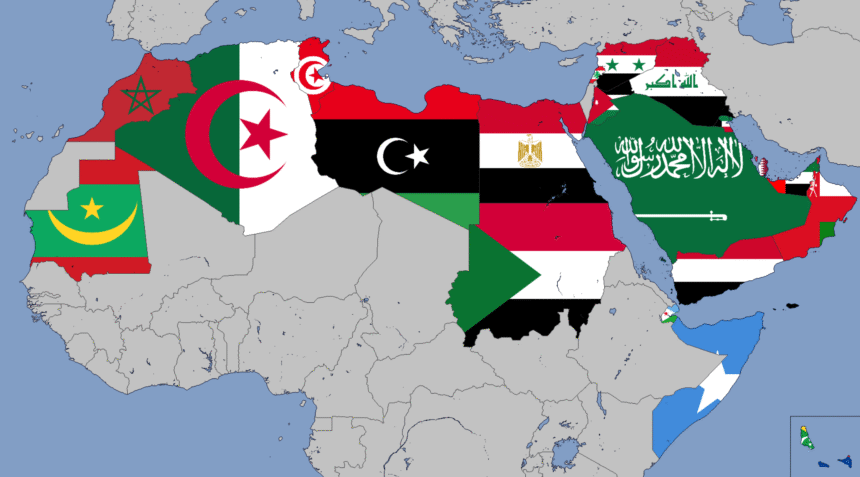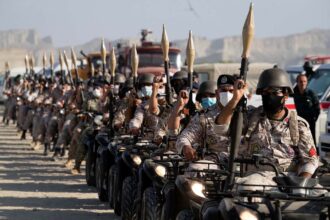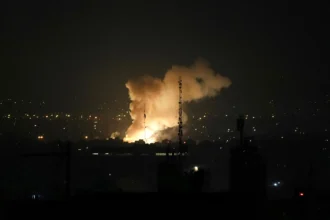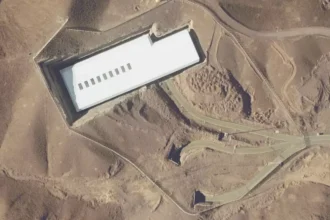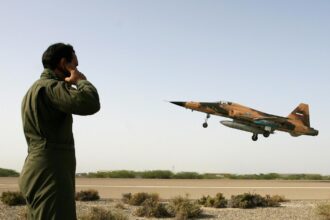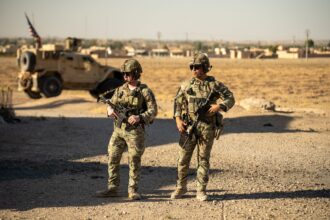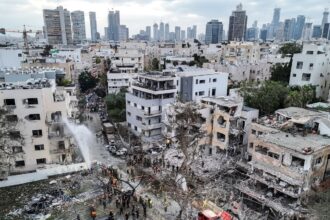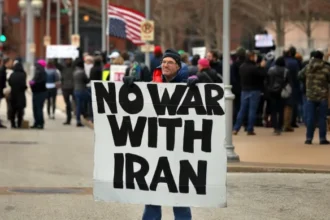The ongoing Middle East conflict has sparked a sharp response from Arab nations, many of which are increasing diplomatic and strategic pressure on Israel. While not all actions involve direct military engagement, a combination of political condemnation, economic positioning, and humanitarian maneuvers is forming what some analysts call a “soft retaliation” strategy. These moves highlight a shift in regional dynamics as Arab governments balance growing domestic outrage with international alliances and geopolitical stability.
Diplomatic Pushback
Several Arab countries—including Saudi Arabia, Egypt, Jordan, the UAE, Qatar, and Kuwait—have condemned Israeli military operations in Gaza and across the Palestinian territories. These governments have issued strong statements accusing Israel of violating international law and called for immediate cease-fires, negotiations, and unrestricted humanitarian access.
Practical Measures
Countries like Jordan have closed their airspace due to safety concerns, and commercial airlines across the Gulf have rerouted flights to avoid Israeli and Iranian airspace. Additionally, the UAE and Qatar are facilitating aid corridors into Gaza, building medical infrastructure and demanding international oversight on nuclear-related risks.
Strategic Balancing
Despite intense criticism, many Arab nations have not severed diplomatic ties with Israel. Gulf states involved in the Abraham Accords—such as the UAE and Bahrain—are maintaining relations, even as they pressure Israel to de-escalate. Saudi Arabia, while not diplomatically tied to Israel, has led regional calls for a two-state solution and has revived discussions on Palestinian sovereignty.
Economic and Security Signals
The conflict has also shaken regional markets, with stock exchanges in Saudi Arabia, Kuwait, and the UAE experiencing sharp declines amid investor concerns. Meanwhile, security coordination has emerged quietly; Jordan reportedly assisted in intercepting drones that crossed its airspace, and several Gulf countries have signaled they will not allow Israeli strikes to be launched from their territory.
Conclusion
Arab countries are reacting decisively but cautiously to the conflict involving Israel. Their retaliation is shaped more by diplomacy, humanitarian support, and regional influence than by direct military confrontation. As the war intensifies, Arab nations are positioning themselves as critical players in both the geopolitical fallout and the potential pathway to peace.

